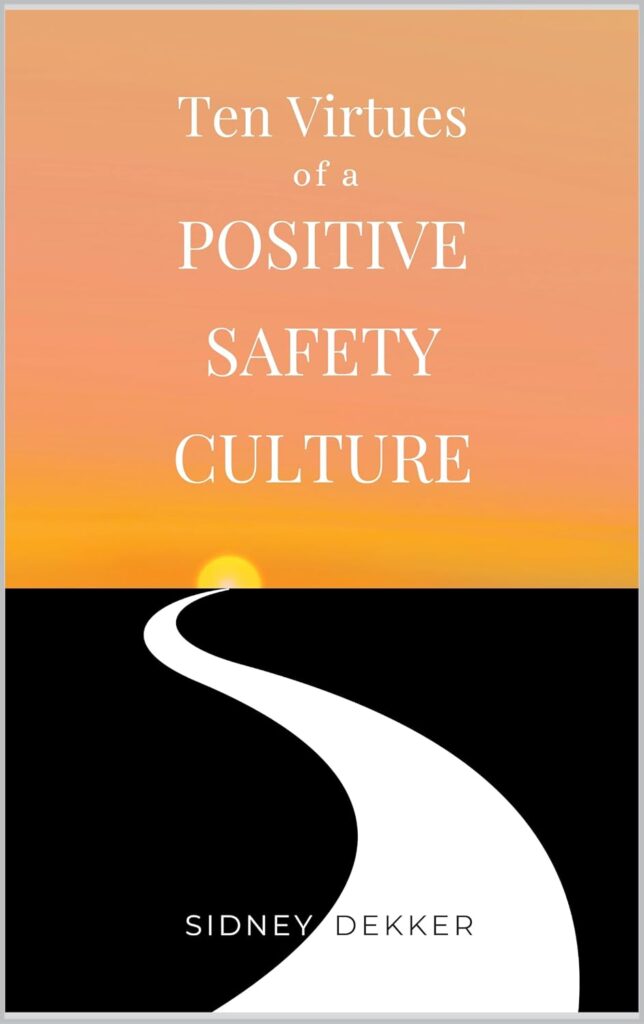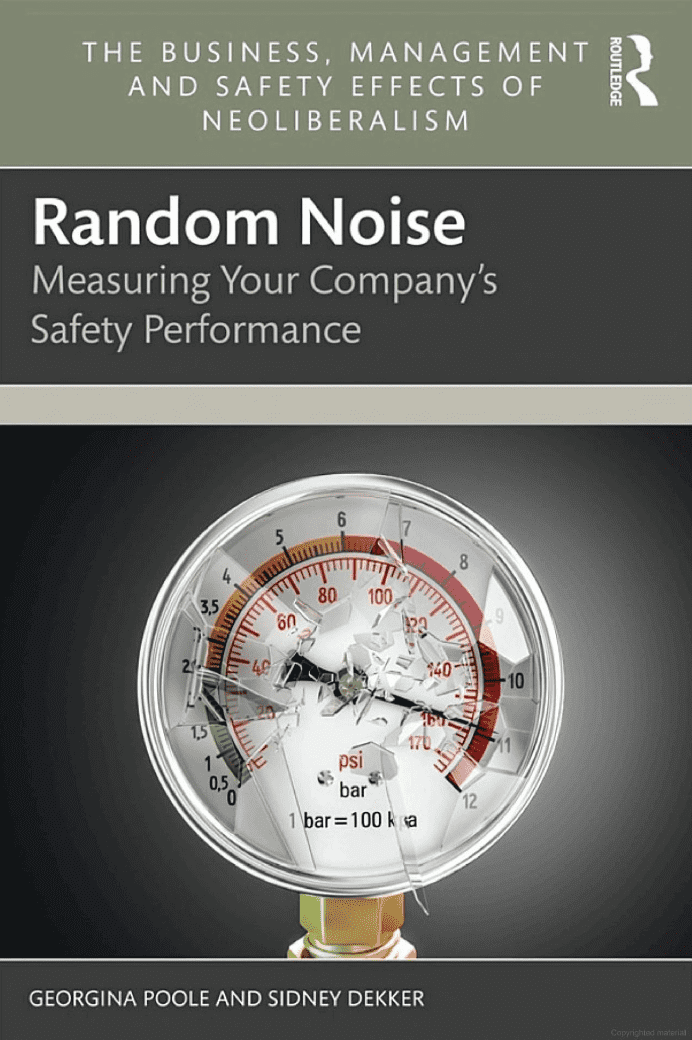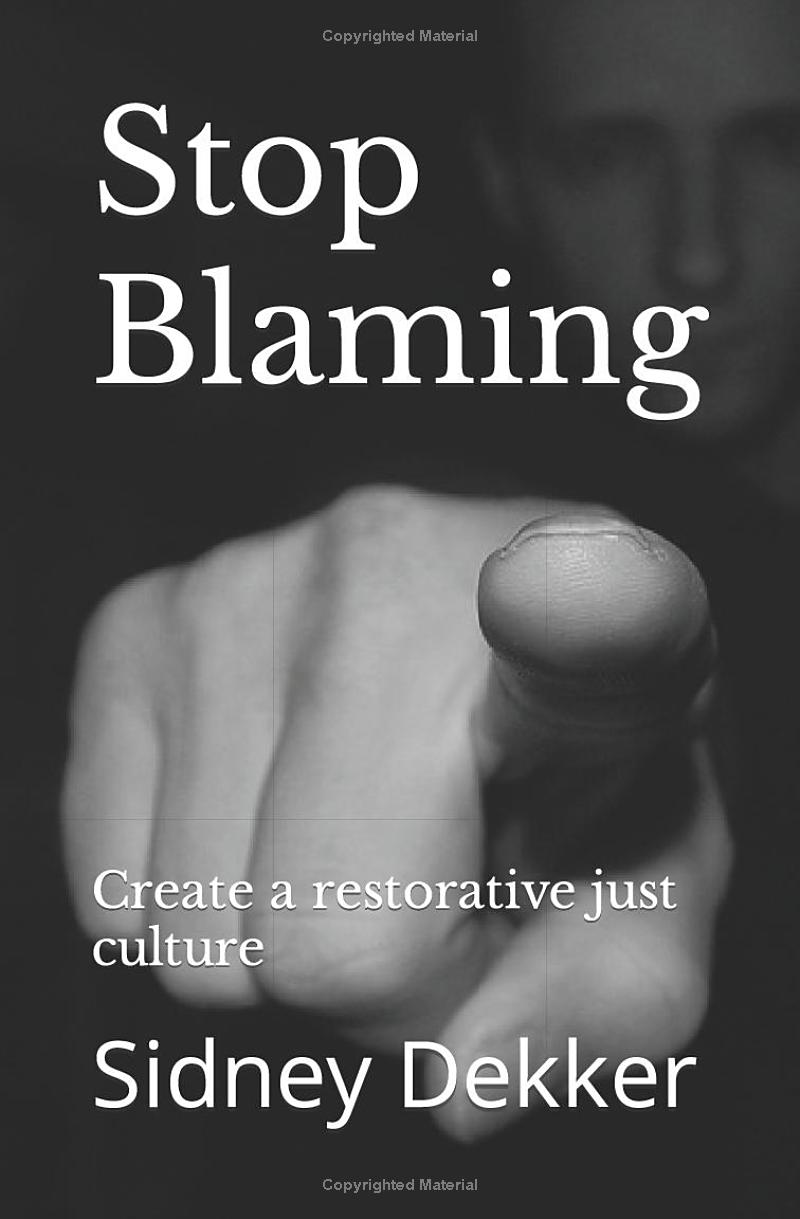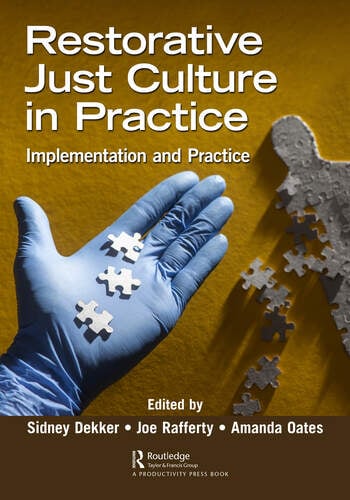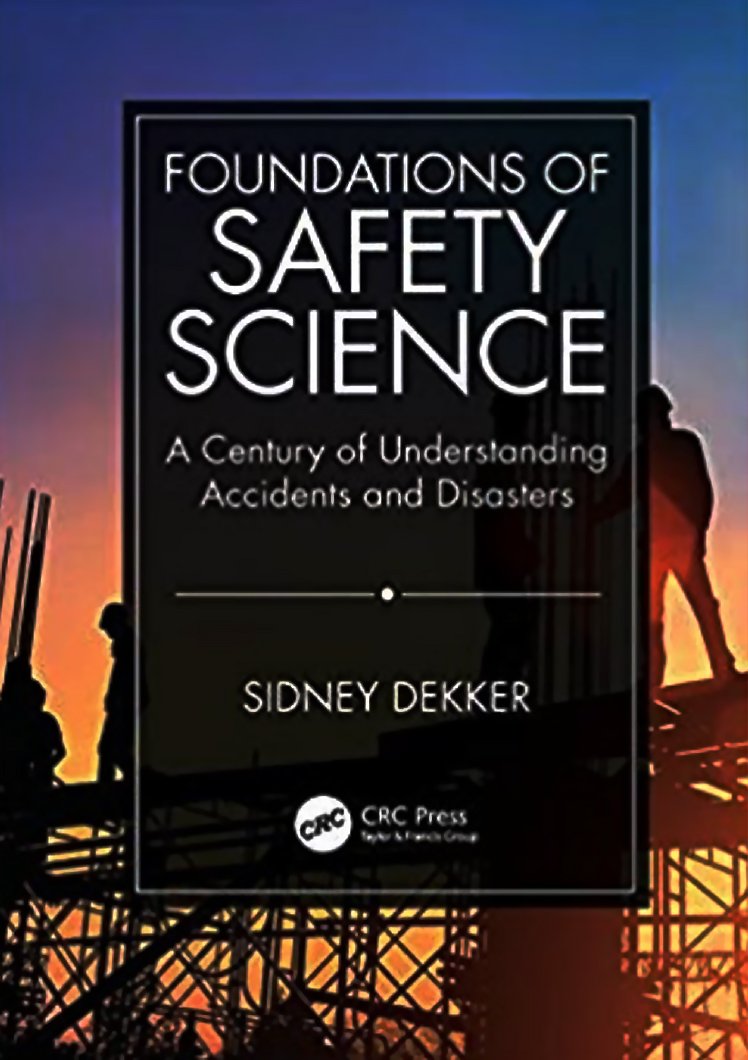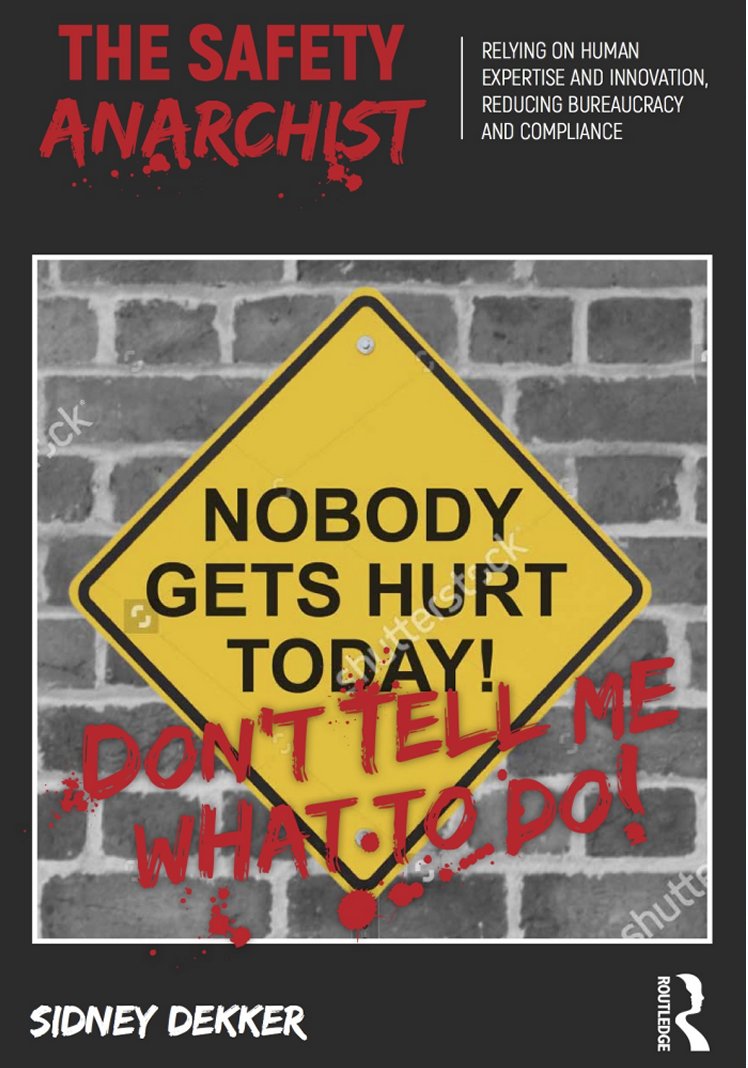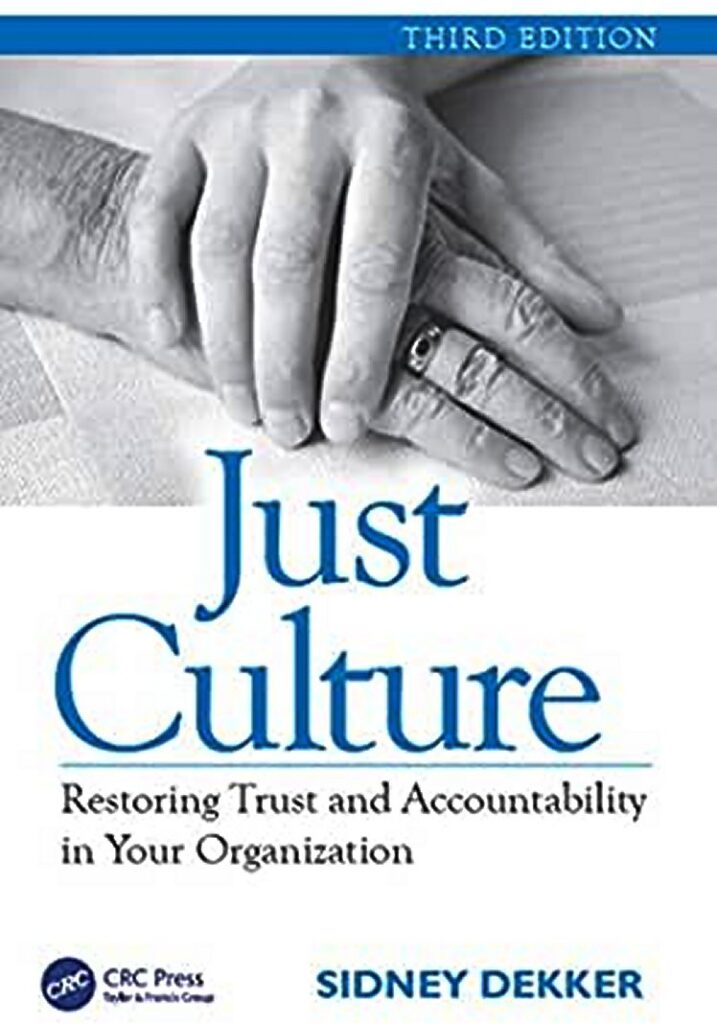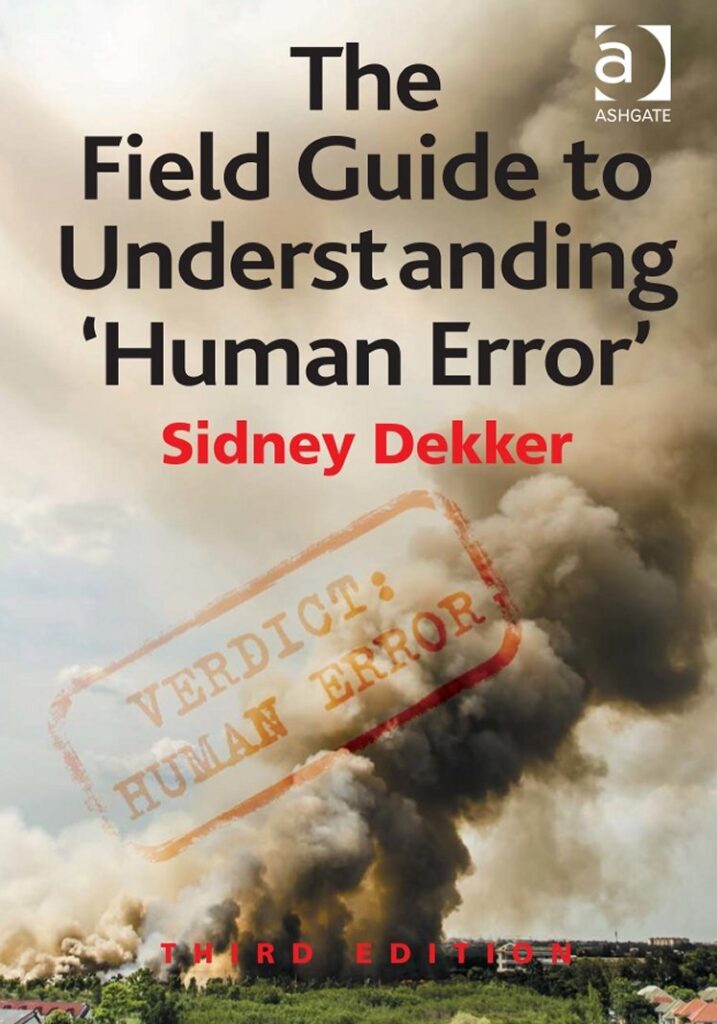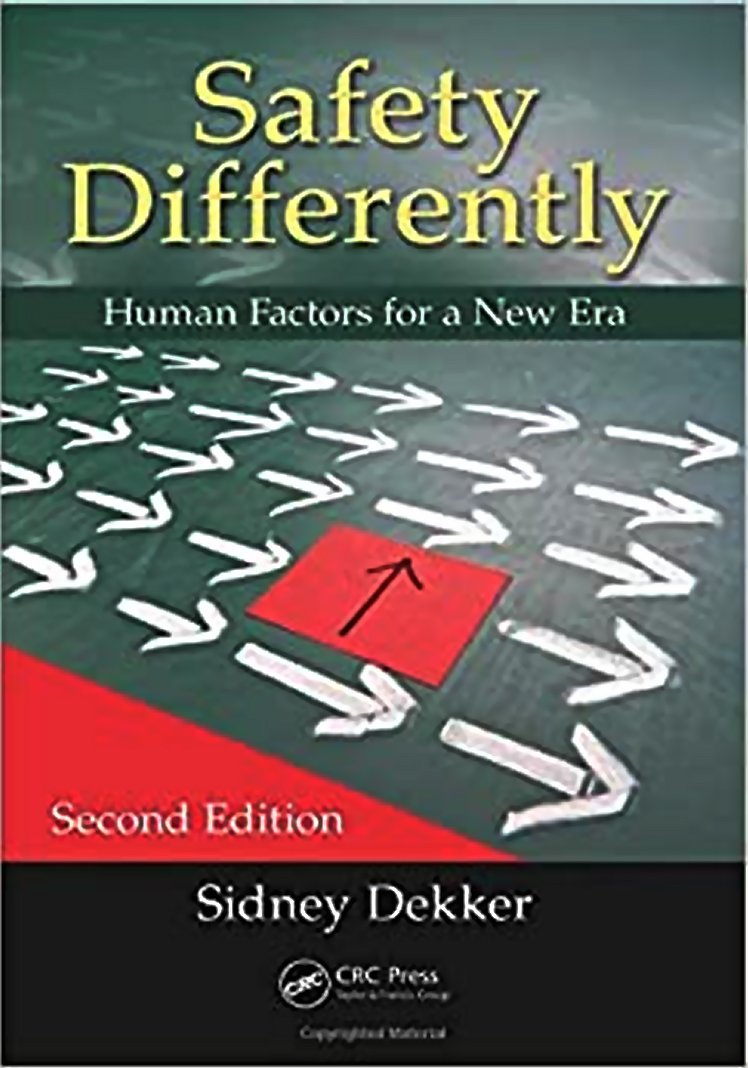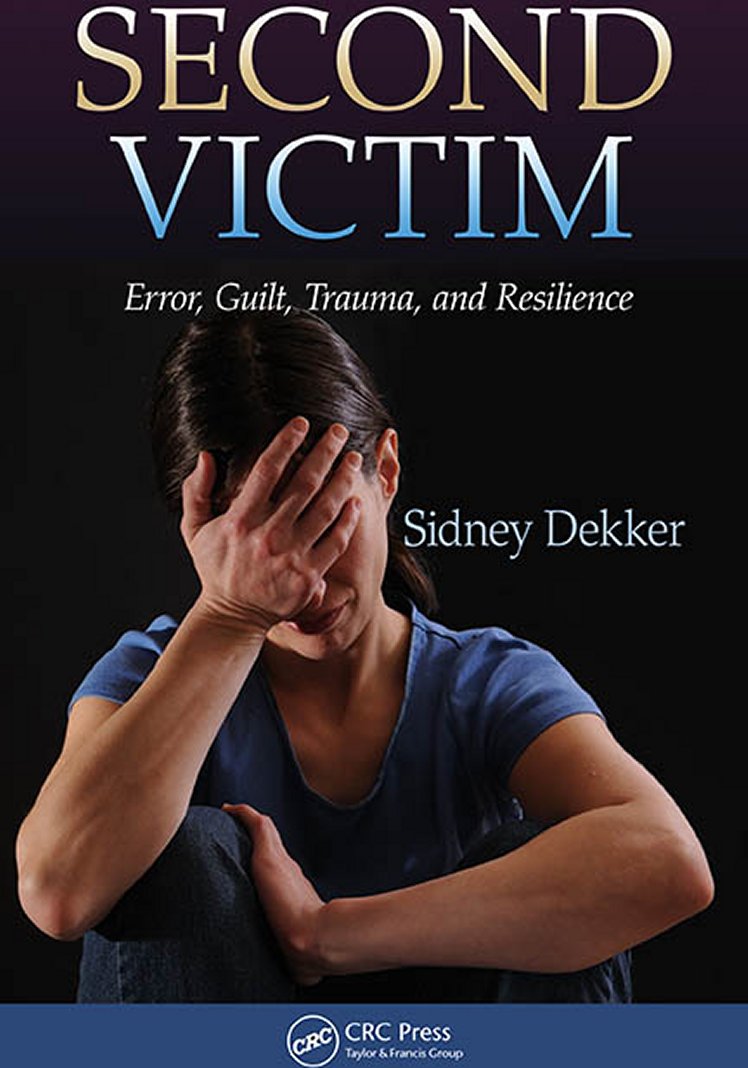If you feel a strong impulse to act and change things about how you are ‘doing safety,’ then this book is for you. Even if you don’t feel you can formulate a clear plan with measurable outcomes or deliverables, you probably have values and commitments inside of you that you want to get out—into your organization, into the world, to start doing good there. Maybe you are honestly aching to nourish your soul, having deprived it for so long in an environment of chasing incident targets, manipulative injury ‘management,’ disciplinary actions, evil HR policies, and infantilizing poster campaigns.
